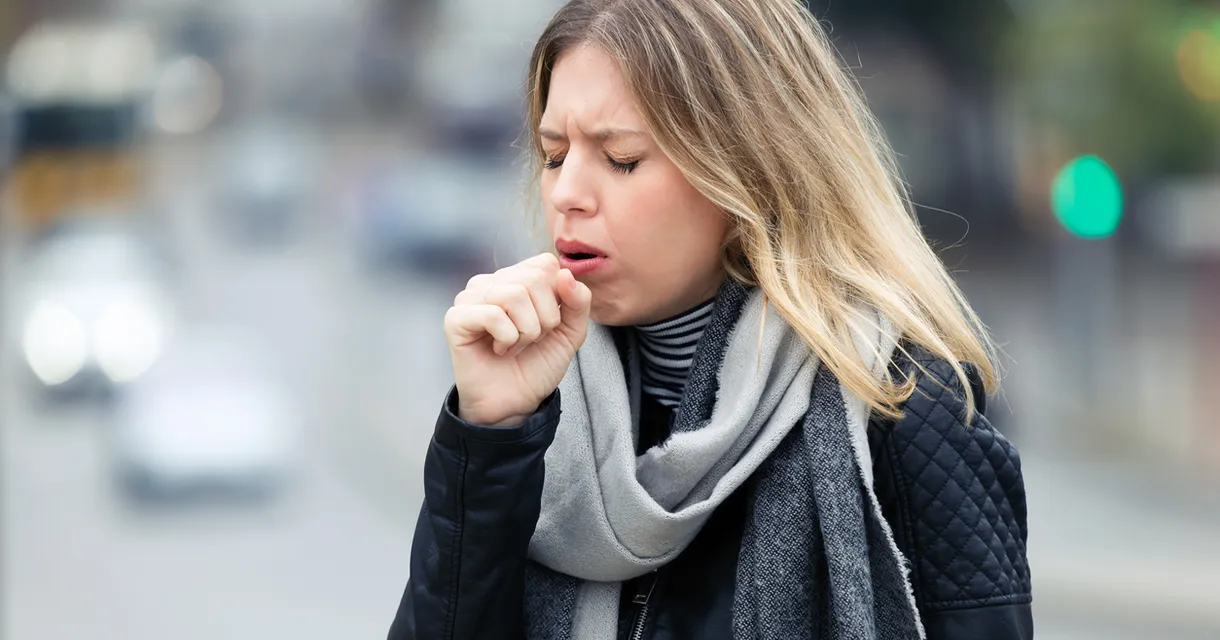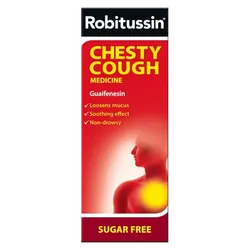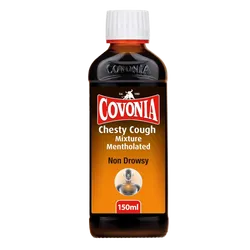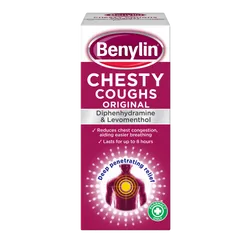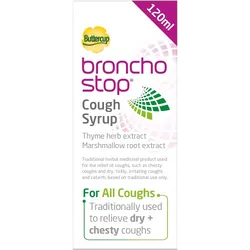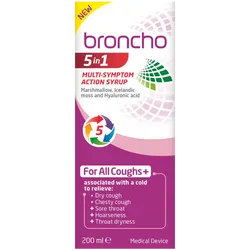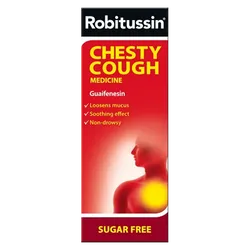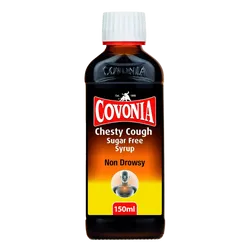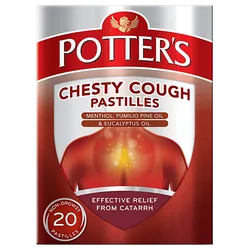Chesty coughs are common, especially during the cold winter months. Coughing is a natural reflex that helps clear the throat of mucus and other irritants. However, a persistent cough can indicate underlying health issues, such as allergies or a bacterial infection, which may require further investigation.
The best treatment for a chesty cough typically involves identifying its underlying cause. While many individuals find relief with home remedies, a range of over-the-counter and prescription medications is also available for more persistent cases. Continue reading to explore our top recommendations for remedies to ease a chesty cough.
8 Chesty Cough Remedies
1. Rest
Getting plenty of rest is one of the most effective methods to treat a cough and cold, as it allows your body the necessary time to recover and accelerates the healing process. When sleeping or resting, it's advisable to avoid lying flat on your back as it might worsen symptoms. Instead, try lying on your side or sitting upright, which can help alleviate discomfort and promote better breathing.
2. Honey
Honey is a well-known remedy for chesty coughs. It has been compared to dextromethorphan, a common cough suppressant found in over-the-counter medications. Many people prefer to consume honey mixed with herbal tea or combined with hot water and lemon for its soothing effects. However, this remedy is not recommended for babies under 12 months due to the risk of botulism.
3. Hot Fluids
Maintaining hydration is crucial, so ensure you’re drinking ample amounts of water. Individuals experiencing cold or flu symptoms may find relief by consuming warm beverages. Consider trying clear broths, herbal teas, warm water, and fruit juices, as these can help soothe the throat and keep you hydrated.
4. Ginger
Ginger is another remedy that may help soothe your throat and reduce coughing, thanks to its anti-inflammatory properties. People often enjoy adding ginger to their tea or incorporating it into their meals to take advantage of its benefits.
5. Steam
Taking a hot shower can assist in clearing the mucus accumulated in your chest. Alternatively, you can fill a bowl with boiling water and inhale the steam, which can help loosen congestion and provide relief.
6. Herbs
Various herbs, such as thyme, can be used to help clear out excess mucus and reduce inflammation. Peppermint leaves also possess healing properties and can be found in a wide range of foods and beverages, providing additional relief.
7. Gargle Salt Water
Saltwater gargles have long been used to alleviate sore throat and cold symptoms. To prepare a saltwater gargle, dissolve half a teaspoon of salt in a cup of warm water. Allow the mixture to cool slightly before using it to gargle. Let it sit at the back of the throat for a few moments before spitting it out. It is important to note that children should avoid using saltwater gargles.
8. Over-the-Counter Liquids
In addition to natural chesty cough remedies, there are numerous over-the-counter medicines available that can help alleviate symptoms. If your chesty cough is disrupting your sleep, a relief syrup can soothe your throat and reduce the cough reflex, offering you a more restful night.
At Weldricks, we offer a range of cough medicines in various flavours. From regular syrups to stop coughing and help you sleep, to non-drowsy options you can take during the day.
Browse our relevant products:
-
Robitussin Chesty Cough 100ml £4.19 save £0.80
-
Covonia Chesty Cough Mixture Mentholated Expectorant 150ml £4.09 save £2.21
-
Benylin Chesty Coughs Original 150ml £5.89 save £2.10
-
Bronchostop Cough Syrup 120ml £6.59 save £0.40
Tips to Prevent a Chest Infection
Sometimes it can be extremely challenging to completely avoid catching a cold or other respiratory tract infections that result in a persistent cough. Nevertheless, there are several proactive steps you can take to significantly minimize the risk:
-
Wash your hands regularly using soap and water to eliminate germs
-
Avoid close contact with individuals who are sick to prevent the spread of infections
-
Stay hydrated by drinking plenty of fluids to support your immune system
-
Regularly clean and disinfect common areas in your home, workplace, or school to reduce the presence of bacteria and viruses
-
Always cover your mouth and nose with a tissue or your elbow whenever you cough or sneeze to prevent spreading germs
-
Ensure you get enough sleep each night to help your body recover and maintain a strong immune response
-
Try to manage and reduce stress through relaxation techniques or activities you enjoy, as stress can weaken your immune system
When Should I See a Doctor?
A regular chesty cough can generally clear up on its own, however, you should seek advice from your GP or emergency medical treatment if your cough is affecting your ability to breathe, or if you're coughing up blood.
You should also visit your GP or speak to a local pharmacist, if:
-
You’ve had the cough for more than 3 weeks
-
You have chest pain
-
Your cough is severe or quickly gets worse
-
You have swollen glands
-
You’re losing weight for no reason
-
You have a weakened immune system (for instance, if you have diabetes or are undergoing chemotherapy)
Antibiotics are not usually prescribed for coughs. However, a GP may prescribe them if you have a bacterial infection, or you're at risk of complications.
Finding the Right Chesty Cough Remedy
We’ve discussed the various chesty cough remedies you can try, as well as when to go and see your doctor. The remedies may not work for everyone and if you are unsure of the best option for alleviating your chesty cough, it’s always best to speak to a professional pharmacist or GP.
Weldricks Pharmacy stocks a range of chesty cough remedies including liquids, tablets, cough sweets and lozenges. Alongside our selection of cough syrups, we also offer a variety of other medicines to soothe cold and flu symptoms including nasal sprays, Night Nurse capsules, and Olbas Oil.
